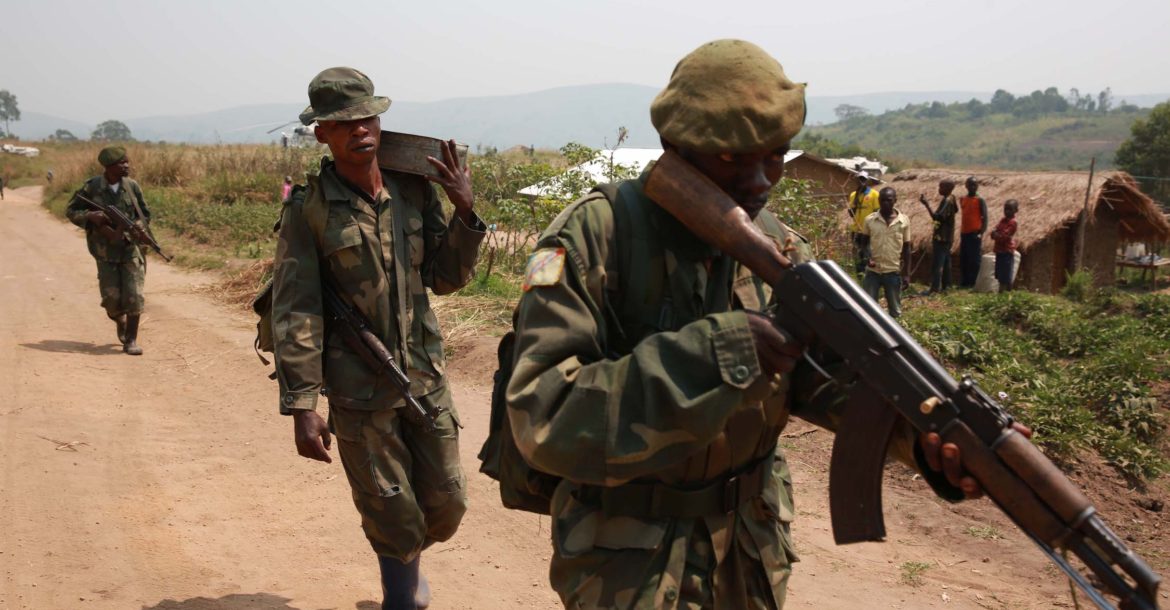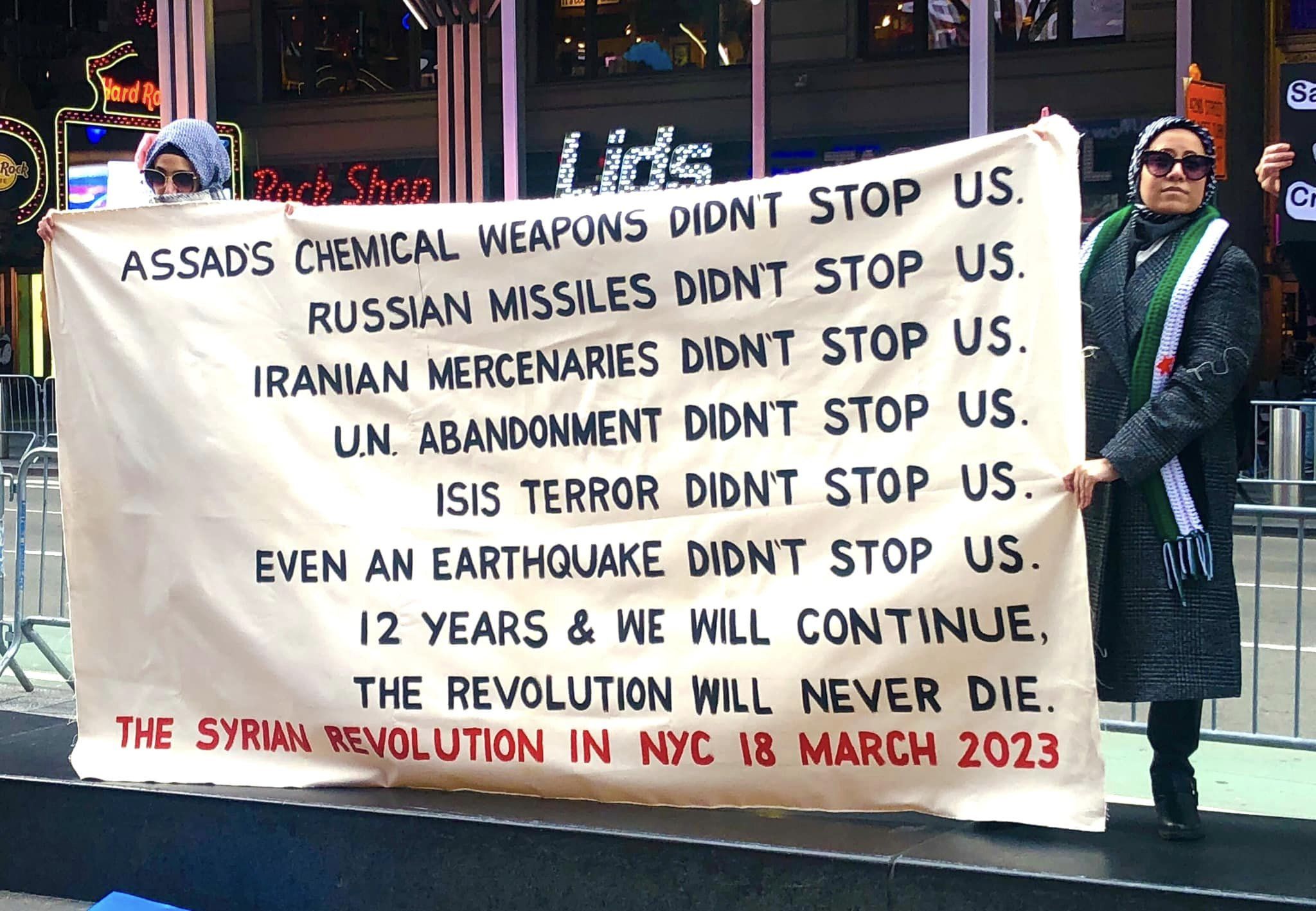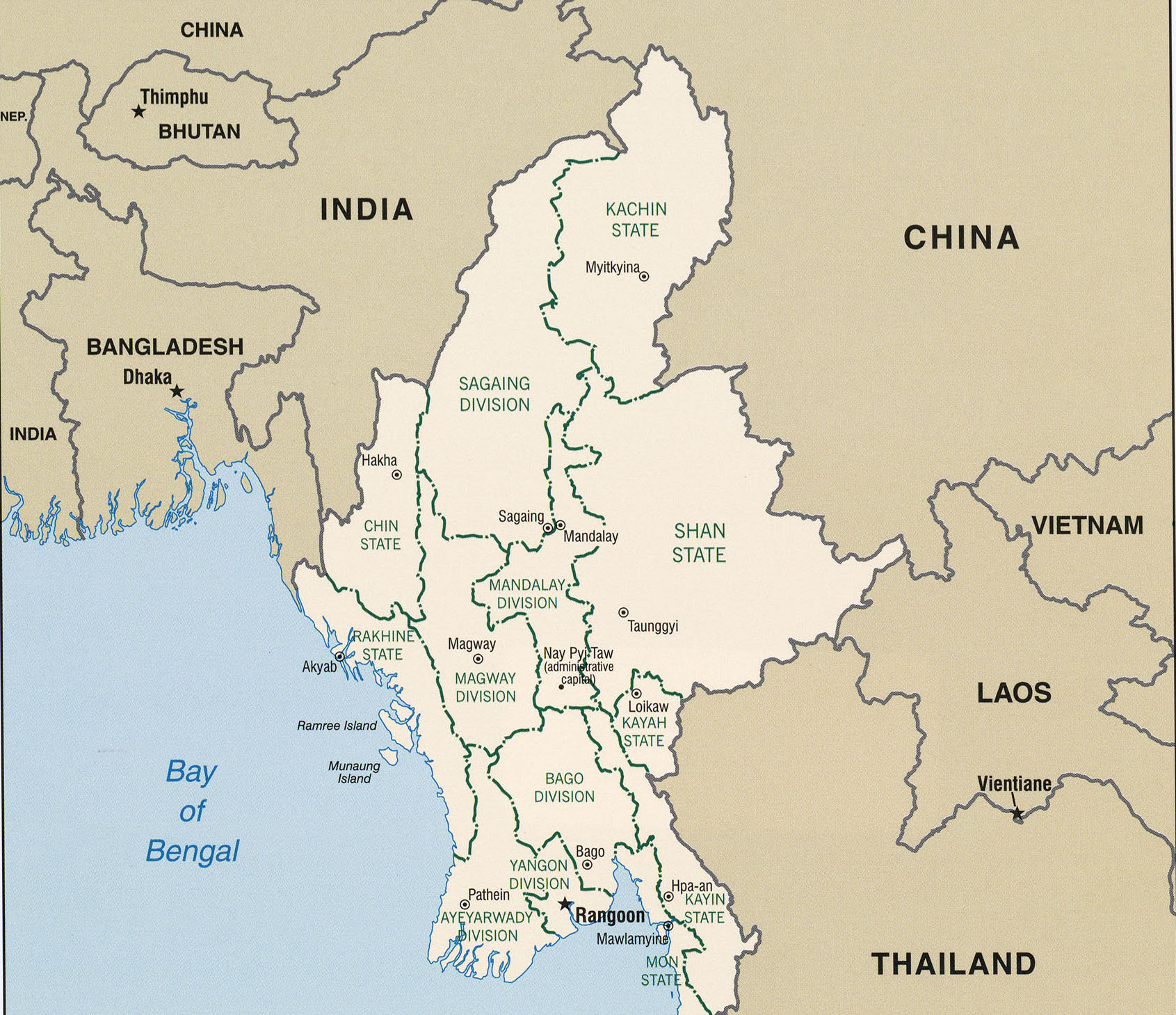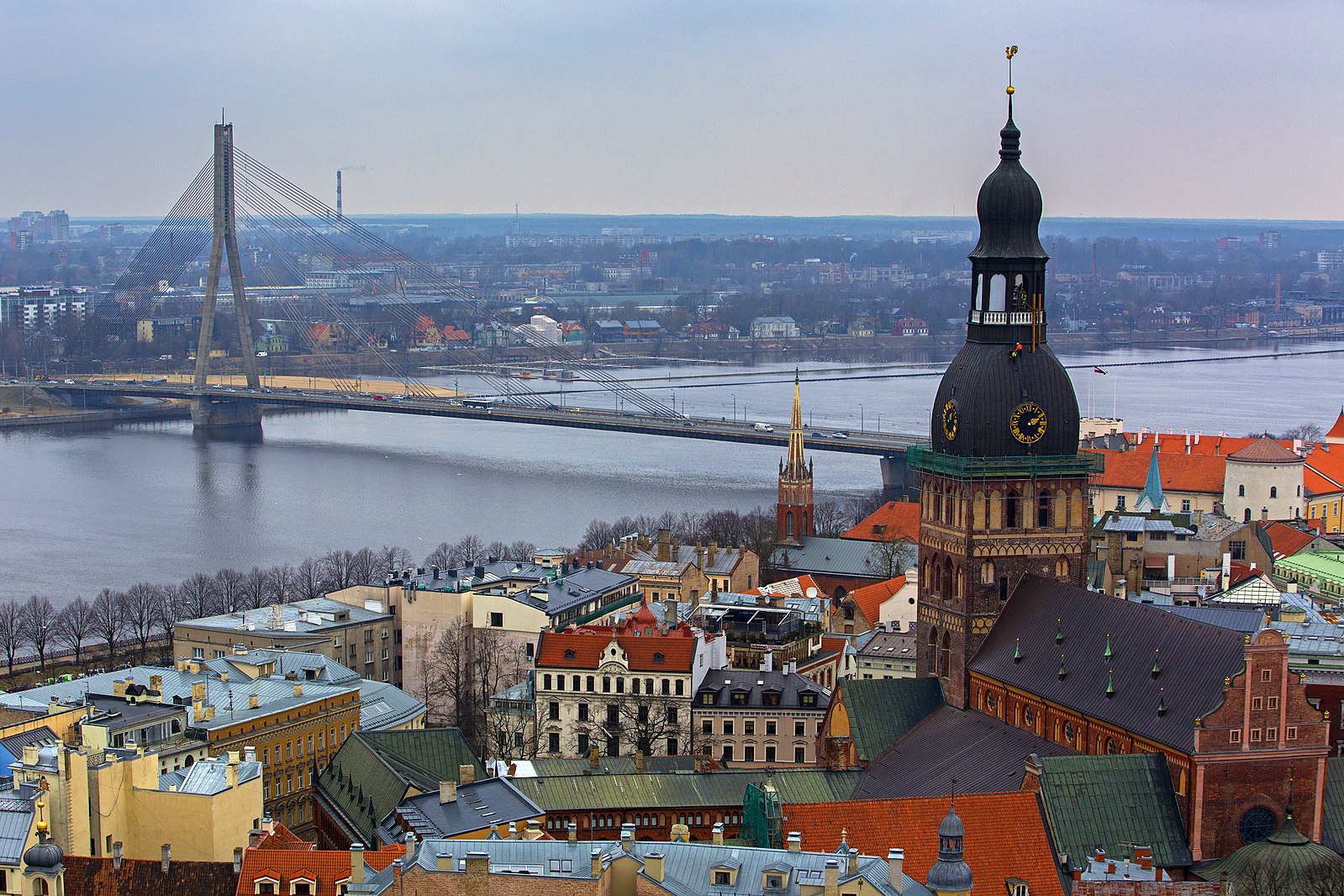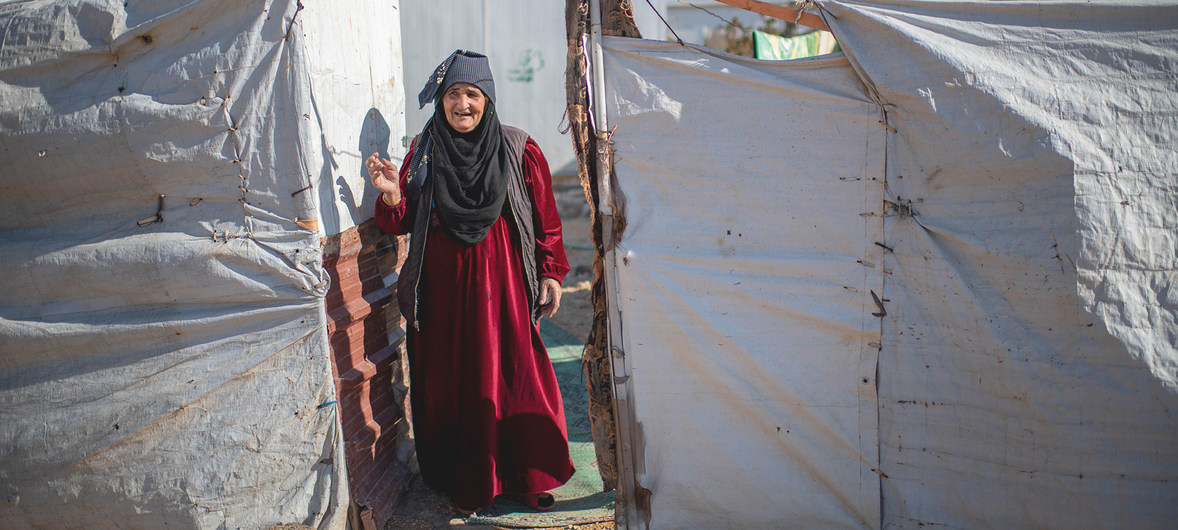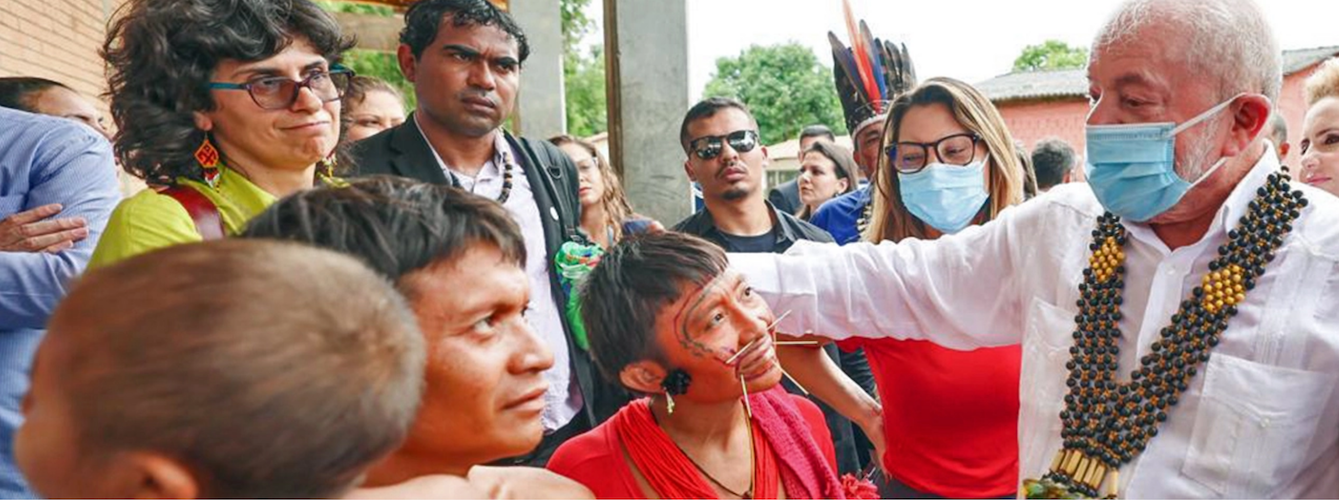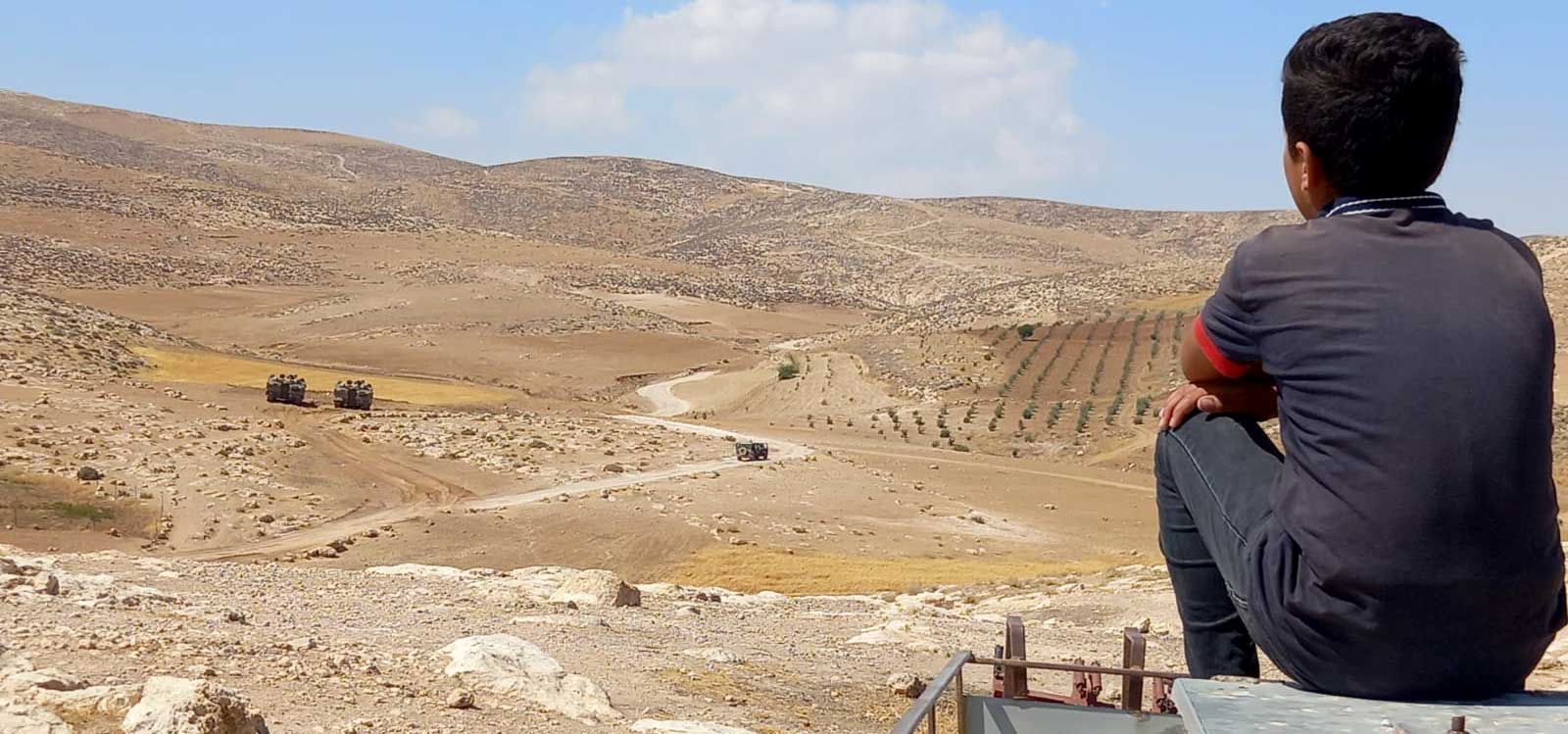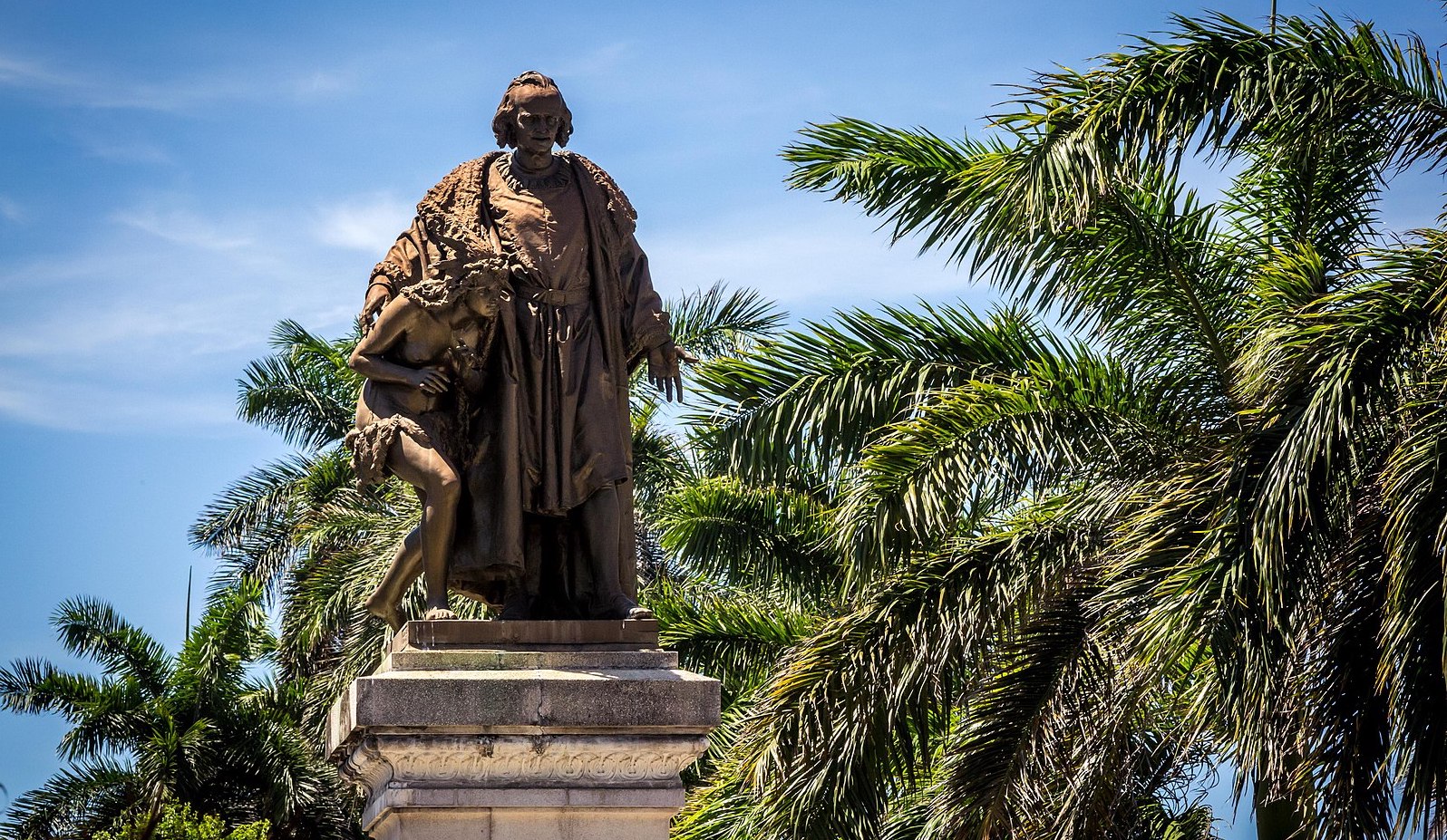
Vatican rejects ‘Doctrine of Discovery’
Following a long campaign by indigenous peoples around the world, the Vatican announced a formal rejection of the 15th century “Doctrine of Discovery.” In a statement, the Church said it “repudiates those concepts that fail to recognize the inherent rights of indigenous peoples.” The Doctrine of Discovery arose from several papal bulls, key amongst them the Inter Caetera, issued by Pope Alexander VI in 1493. The document effectively granted Spain the right to claim newly “discovered” areas unoccupied by Christians. The Doctrine, which the Vatican now states was “manipulated for political purposes by colonial powers,” found its way into the common law of several nations. In the United States, the Doctrine was enshrined in the famous 1823 property rights case Johnson v. M’Intosh. That opinion, written by Chief Justice John Marshall, subjugated indigenous land claims to those of the US government, allowing federal authorities to seize large portions of indigenous land and sell it to white settlers. (Photo: statue of Christopher Columbus in Colón, Panama. Via Wikimedia Commons)



